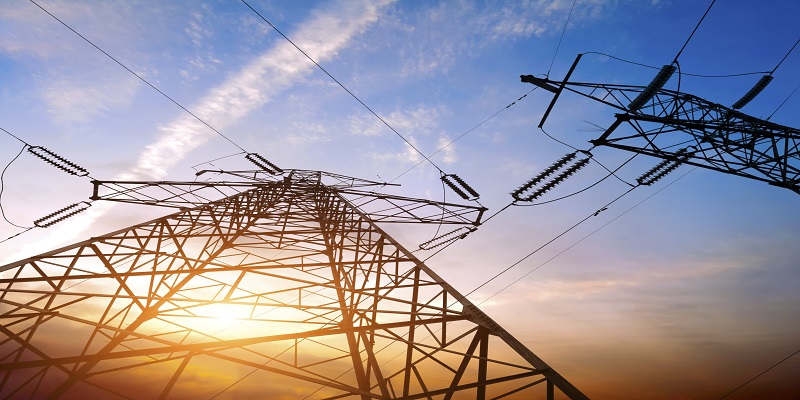
However, as the renewables market in their country matures, governments face changing circumstances and other challenges, which make them reconsider their policies and frameworks. Ukraine is currently going through such a stage. This paper is a high-level analysis, from the perspective of international law and treaty protections offered to foreign investors, of the consequences of changes made by governments responding to those challenges. In particular, we analyze the experiences of two countries, Spain and the Czech Republic, which have encountered issues similar to those which Ukraine now faces.
As we explain below, Ukraine is in a difficult position but its strategy is clearly designed to minimize exposure to investment arbitration claims by using mediation and direct negotiations with the parties involved.
The paper will be structured as follows. First, we consider the renewable energy regime as it exists in Ukraine and the challenges it currently faces. In the second and third parts, we will look at the legislative frameworks in the renewable energy sectors of Spain and the Czech Republic, respectively, and the conclusions reached by investment tribunals in relation to changes made to those countries’ green energy frameworks, from which close parallels can be drawn with what is happening in Ukraine. Finally, we put together a number of lessons from the experiences of Spain and the Czech Republic, which may be useful when assessing a state’s potential liability to international investors if it changes its renewable energy regime.
To read the full article, please download the PDF below.
Published in partnership with Sayenko Kharenko.
- A method for generating electric power by using solar cells to convert energy from the sun into a flow of electrons.
- The feed-in tariff is the price at which the state promises to buy electricity produced by renewable energy generators.
